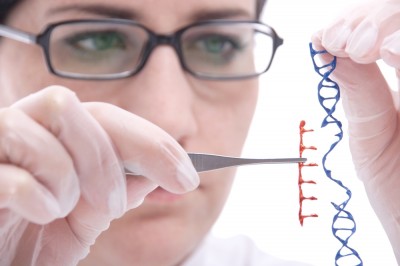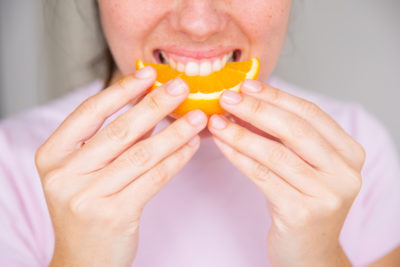
Luckily, a large U.S. study published in The American Journal of Clinical Nutrition decided to explore this link further when they followed more than 100,000 men and women for 22 years, monitoring their sugar-sweetened drink intake as well as their caffeine intake.
Researchers found that 23 percent of participants more likely to develop diabetes thanks to sugary beverages than those who didn’t drink pop, juice, and artificially-sweetened drinks. However, it didn’t matter whether those same drinks contained caffeine or not.
“Coffee can be beneficial and the caffeine doesn’t appear to have a positive or negative effect on diabetes risk,” according to lead author Frank Hu of Harvard University.
Wu also points to further medical research that shows coffee and tea actually have a protective or opposite effect, which suggests that regular coffee consumption actually leads to a lower risk of diabetes. Studies showed that the risk of developing diabetes was 8-percent lower for women and approximately 4 to 7-percent lower for men—regardless of if they drank decaf or regular coffee.
Wu says that this is positive news for coffee drinkers even though medical understanding of the body’s tolerance to caffeine is not yet complete.
Source: Reuters.com



